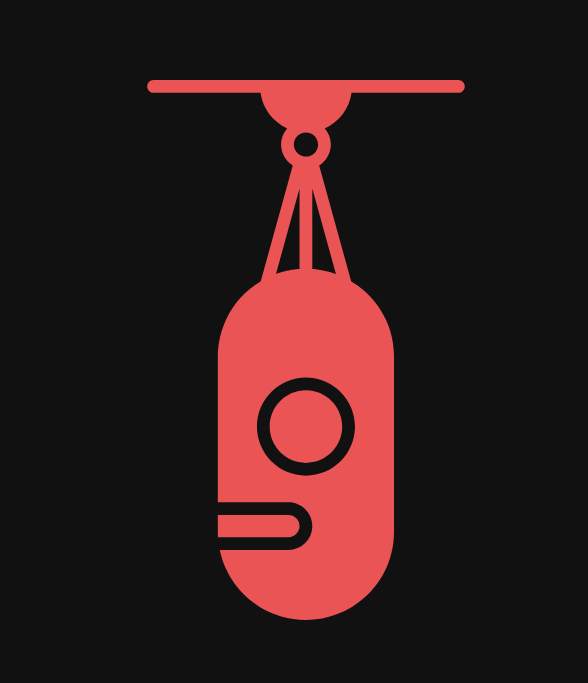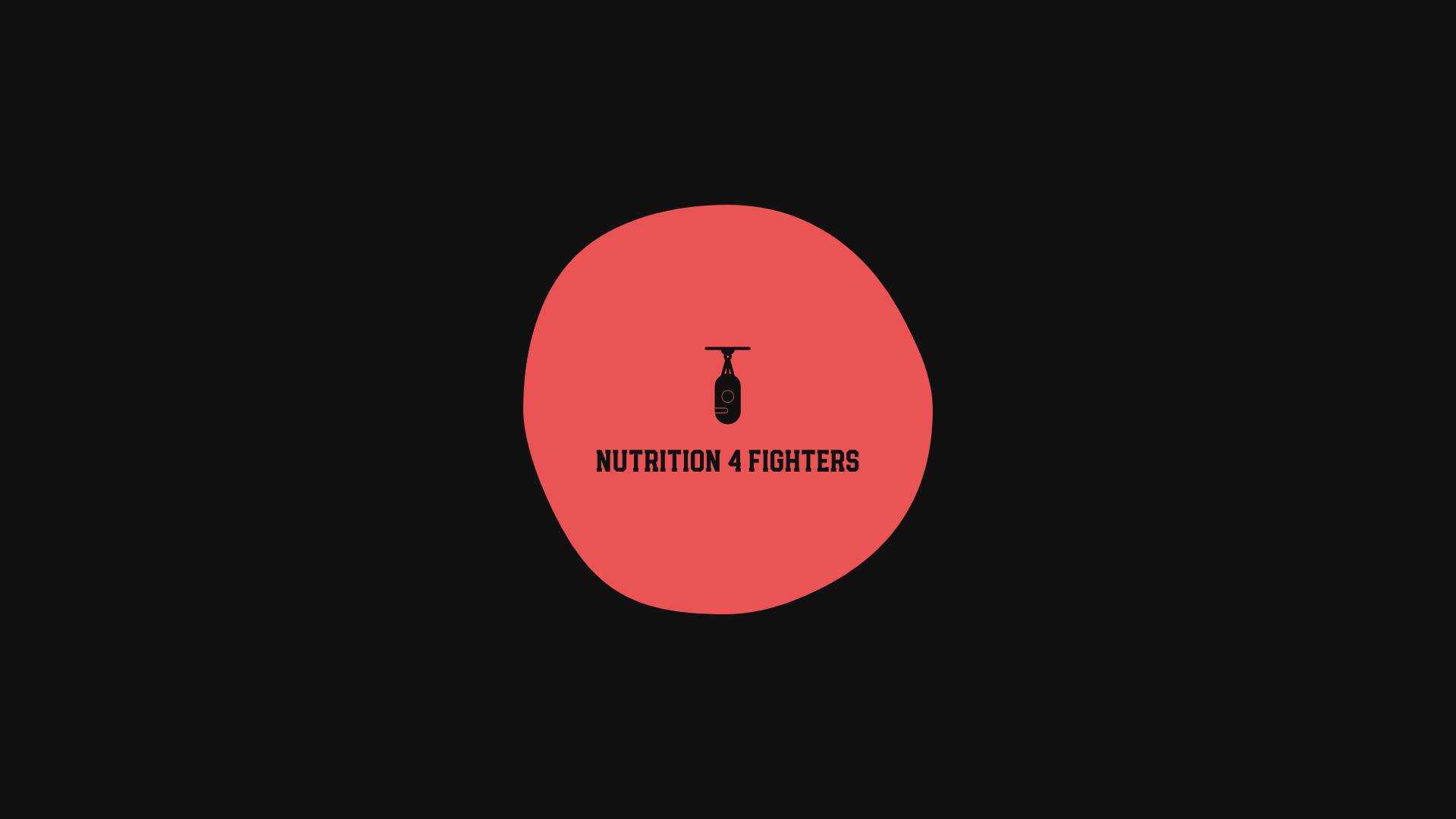Right, so time for another snack hack, a little bite size biohack you can implement nice and easily.
We’re going to have a look at starting and maintaining good habits today. This is a big one for me and something I seriously struggle with. Like many, I’m full of many a good intention on January the 1st, only for all for it to come tumbling down by February (at the latest!)
These are some easy mindset hacks that I have picked up from a number of experts from Tim Ferris to Dave Asprey. I hope they they may be reflected upon to start putting some changes in place in whatever area you might have that could require a little attention.
– Set micro habits. If you always shoot for the stars, the odds suggest you’re going to sometimes full short. Now I’m not knocking big plans but set the habit low and work up. For example, want to get fit? Two press ups a day. Want to change diet? Cut one sugar from your tea. Meditation? Set the clock for 2 minutes. Ok, you get the idea. The logic goes that most of the time you will reach beyond this goal as it’s so easily attainable and a sense of reward, as opposed to failure, will come along with it. Once the routine’s set, build up and away.
– If/then scenario. So this piece of preparatory work sets the mind to plan for barriers to success. For example, if I’m offered the pudding menu, I’ll ask for a coffee. If it’s raining before my run, I’ll go for a shorter distance and wear such and such waterproofs. This serves to address the worst case scenarios before they occur, so if they do, the resolve is already in place.
– Repetition and routines. This is key. The less decisions and thinking needed, the better and more likely you are to succeed. Pack the gym bag the night before. Schedule and book out the time (preferably same day/time) each week to ensure you prioritise. Make this time non-negotiable, switch off the phone, laptop, etc. Micro habits can also come in here again to ensure compliance.
– Book/pay/commit. Building on the last point, pay in advance and commit to activities with others where possible. This makes you culpable. Vocalise the habits you wish to change to those closest, this also brings a level of culpability which can increase chances of success.
– Positive and negative reinforcement. This is huge. Reward mechanisms in your brain basically work like so: trigger – behaviour -reward. An example would be: Trigger of feeling bored and wanting a distraction; behaviour of going online and browsing shopping website then buying new jeans which are now on route; reward, they will hopefully make you look good and feel great. Now it might not feel particularly rewarding just thinking, “it will make me feel bad later and I’ll be skint.” So what will change the reward process? Becoming curious! What does this mean?…
I’ve talked about mindfulness and meditation in another post so I won’t bang on about it here, but one of the key things it brings is the differentiation between being and doing. This awareness naturally results in curiosity. By this I mean, what are the phycological and physiological processes that are happening when you see that item on eBay you want to bid for, or that cookie going spare? Recognise the process the body and mind goes through (the trigger, behaviour, reward). This curiosity, and subsequent self-awareness, can prove to be rewarding and as such, set a new reward pathway up.
A side note on this is that the pre-frontal cortex, the part of the brain that makes decisions, goes off line when you get stressed. Therefore a curiosity reward pathway that has been cemented will increase chances of success for sticking with new habits when you become stressed which can only be a good thing for when life is challenging.
– Consider and reflect negative consequences of bad habits. Again, mentalistion comes in here. I know this sounds obvious but be really clear on on the reasons you want to break a bad habit and get in touch with the pain, negative feelings and emotions associated with it. This builds the awareness around the negative behaviour and helps the brain to really associate the negative side effects, hence lessening the reward pathway.
– Focus on keystone habit – the one habit that affects other habits. This can be an overarching bad habit that has multiple knock on effects. For example, for me it can mean starting something but not finishing it. This can lead to side bad habits of taking too much on; rushing to complete outstanding tasks; procrastinating and also feeling overwhelmed. Pinpointing the keystone habit will often have knock on side affects and lead to greater overall change.
Alrighty, so that’s quite a comprehensive list there, which I for one will have to continue to revisit!
Remember, don’t rely on motivation, it can be overrated! I don’t want to knock it, but will-power, routine and position of mindset will potentially have far greater impact on successful change.
More importantly, however, don’t beat yourself up. This is not meant to sound patronising but habit changes are a slow and gradual processes. Rome wasn’t built in a day, so don’t expect miracles but hopefully some of these ideas can work for you.



so true ! lots I hadn’t considered the keystone habit idea really made me think. Top stuff keep it coming Whats Supp
LikeLike